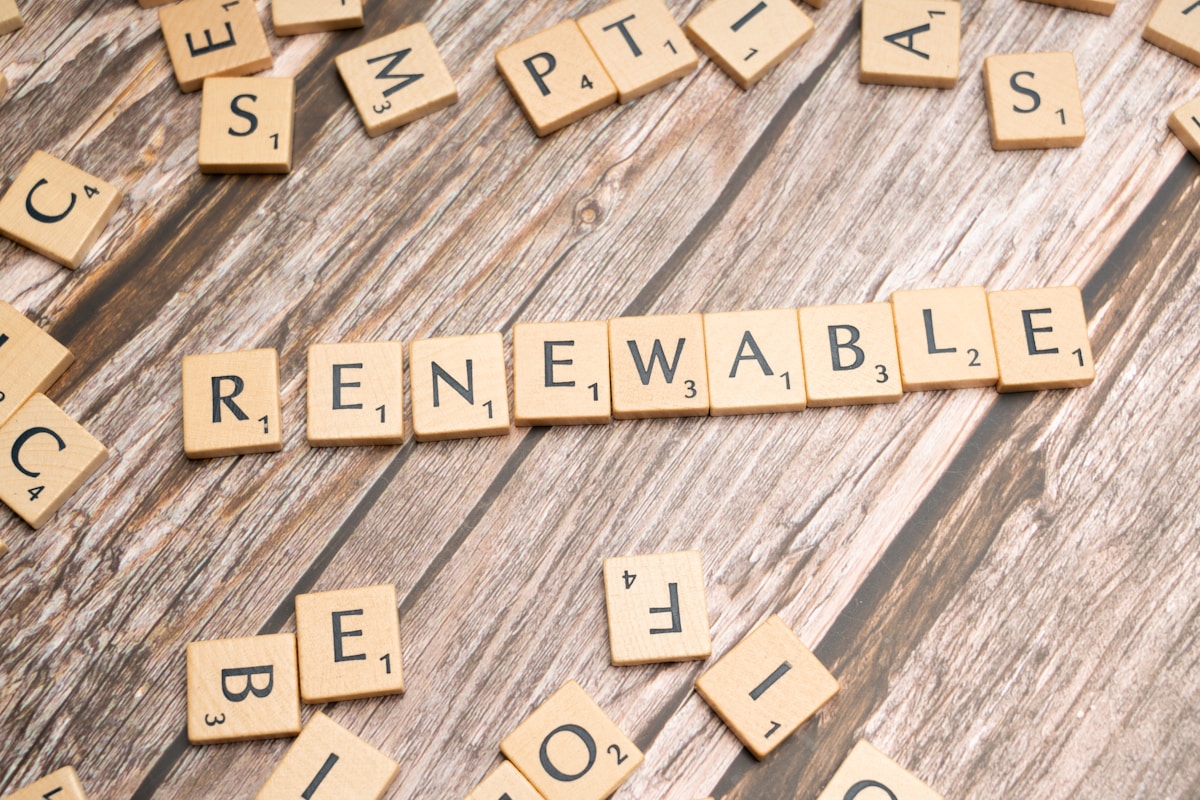Back to Industry News
General
Shifting Innovation: From Speed to Responsibility and Long-Term Value
Summary generated with AI, editor-reviewed
Heartspace News Desk

Photo by Markus Winkler on Unsplash
Key takeaways
- The era of prioritizing rapid development over consequences ends
- A recent analysis argues that the 'move fast and break things' ethos, once a Silicon Valley staple, now poses significant business risks
- Global challenges like climate change and societal inequality demand a more considered approach to creating new products and services
The era of prioritizing rapid development over consequences ends. A recent analysis argues that the 'move fast and break things' ethos, once a Silicon Valley staple, now poses significant business risks. Global challenges like climate change and societal inequality demand a more considered approach to creating new products and services. This philosophy, which valued speed and disruption above all else, often overlooked potential negative outcomes. Neglecting accountability in the pursuit of speed is no longer tenable for forward-thinking companies. Instead, a new model for progress emphasizes integrating ethical considerations from the project's inception. This involves moving away from individualistic efforts towards collaborative, cross-functional teams. These teams will focus on societal benefits and anticipate unintended consequences. Organizations like LEGO and IKEA offer examples of balancing rapid development with lasting positive effects. Building partnerships with ethics and sustainability experts will help evaluate the wider implications of new ventures. Ultimately, genuine progress requires creating enduring economic, social, and environmental value. This necessitates a fundamental shift towards accountability and responsibility throughout the entire innovation process.
Related Topics
innovation strategyethical developmentsustainable businesscorporate responsibilitylong-term valuesocietal impact
Want coverage like this for your company?
Local & industry wins build trusted proof, SEO/geo signals and prime national editors.
Check fit (2 min)